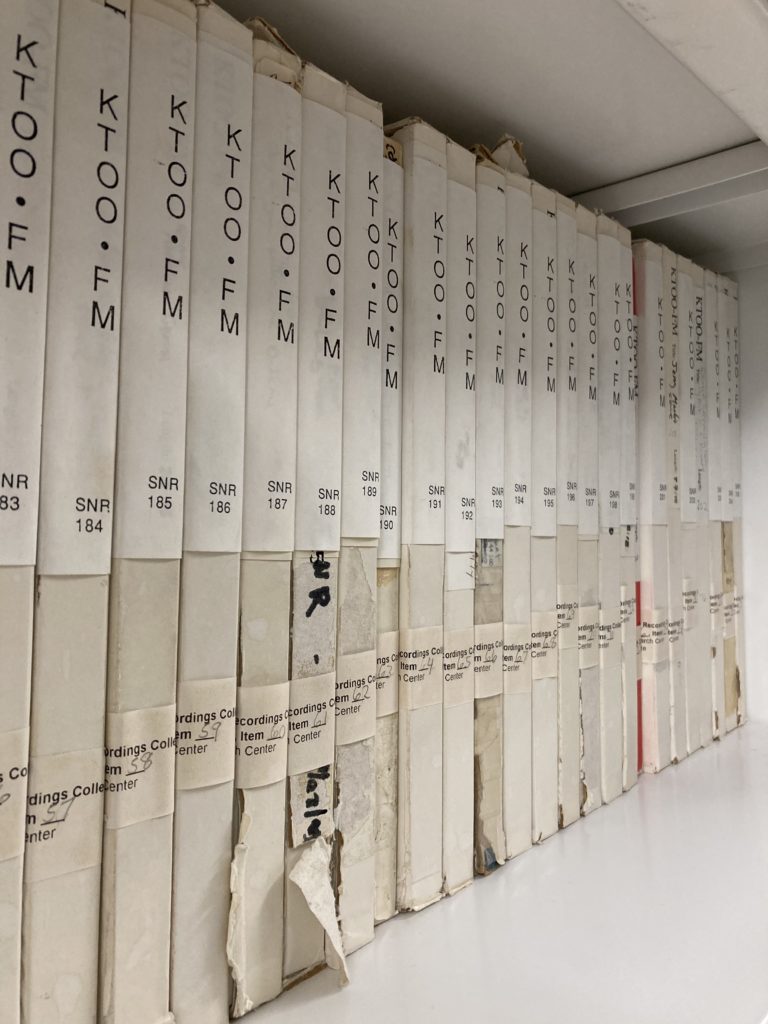Notification Banner
Recordings at Risk is a national regranting program administered by CLIR to support the preservation of rare and unique audio, audiovisual, and other time-based media of high scholarly value through digital reformatting. Generously funded by The Andrew W. Mellon Foundation since January 2017, the program will run nine competitions from 2017 to 2021 and will award a total of $4.5 million. Awards range from $10,000 to $50,000 and cover costs of preservation reformatting for fragile and/or obsolete time-based media content by qualified external service providers. Eligible media may include, but are not necessarily limited to, magnetic audio and video tape, grooved discs, wax cylinders, wire recordings, and film (with or without sound). Review our Frequently Asked Questions for more information on eligible projects.
Recordings at Risk encourages professionals who may be constrained by limited resources and/or technical expertise to take action against the threats of degradation and obsolescence. The program aims to help institutions identify priorities and develop practical strategies for digital reformatting, build relationships with partners, and raise awareness of best practices.
Recordings at Risk occasionally sends announcements and news about this program and the Digitizing Hidden Collections program by email. Subscribe to be added to our distribution list. On Twitter, you can find the program @CLIRRaR. We welcome your feedback and/or ideas about ways to improve CLIR’s grant programs which may be submitted through our online grants feedback form.

